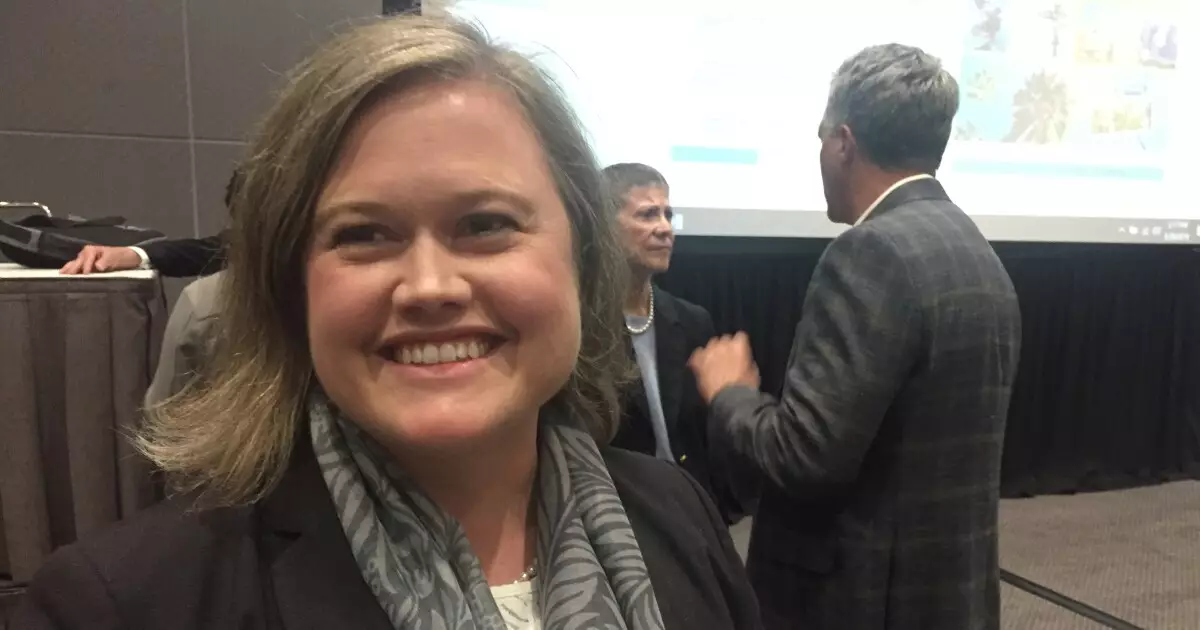The recent breakdown of negotiations to establish a continuing resolution (CR) for government funding marks a critical juncture for the U.S. Congress. On Wednesday, the prospective deal faltered in the face of strong opposition from President-elect Trump and business mogul Elon Musk. Their combined voices amplified discontent with the proposed CR, which is vital for states and localities dependent on federal financial support. This impasse not only threatens the operational stability of government entities but also jeopardizes essential services and infrastructure projects across the nation.
As experts highlight, timely government funding is paramount for maintaining programs like Medicaid and for infrastructure initiatives. The very mechanism of funding—often structured as reimbursement for expenses already incurred by states—underscores the urgent need for a positive resolution. With the deadline set for midnight on Friday to act upon a backup plan, representatives are driven to seek common ground amidst increasing partisan divisions.
Consequences for Local Governments
Local governments heavily lean on federal allocations to sustain their programs and projects. A significant element of the proposed financial package, amounting to $110.4 billion, aimed at providing critical support including disaster relief funding necessary for agencies such as the Federal Emergency Management Agency (FEMA) and infrastructure repairs prioritized by the Department of Transportation. The inability to secure these funds spells potential disaster for municipal services and the overall economic well-being of affected areas.
Organizations like the Government Finance Officers Association are emphasizing the urgent need for bipartisan cooperation to alleviate the impending crisis created by this legislative gridlock. Emily Brock, the association’s director for the federal liaison office, articulated hopes for Speaker Johnson to navigate the complexities of diverse party perspectives, pushing for resolutions that align with the fiscal imperatives of the states.
The rhetoric surrounding the CR negotiation reveals a palpable tension not just between parties, but also within their individual arenas. Trump, alongside Vice President-elect Vance, criticized the CR as laden with “Democrat giveaways” that conflict with their vision for federal policy, particularly concerning agricultural support and disaster recovery efforts. Their statement underlined a reliance on a temporary funding bill coupled with a raised debt ceiling to ensure fiscal prudence, rather than fanciful expenditures.
The constant jockeying of political strategies illustrates how the debt ceiling serves as a political tool, influencing the administration’s ability to finance obligations through Treasury bonds. Recognizing how this dynamic plays out in the financial markets has become crucial, with policy analysts expressing concern over possible ramifications for the upcoming Trump administration.
Musk’s Influence and Public Sentiment
Adding another layer to the political landscape is Elon Musk, whose reach extends beyond his corporate domain into the realm of public policy and fiscal debates. By leveraging social media, Musk mobilized conversations around key issues such as funding for bridge repairs—specifically the Francis Scott Key Bridge in Baltimore, a significant transit artery that requires federal support. His intervention is indicative of a growing trend where influential figures in the private sector engage directly with governmental matters, often nudging congressional focus toward specific infrastructural necessities.
Representative hearings earlier this year reflected the contentious discussions between local and federal perspectives regarding financial responsibility for such projects, revealing the complexities of intergovernmental relations and the challenges in delineating funding sources.
Should Congress fail to strike a deal before the looming deadline, the consequences could extend far beyond immediate funding discontinuities. A governmental shutdown not only interrupts the flow of federal services but also generates chaos across financial markets that thrive on certainty. Brock’s assessment signals the need for attention to the lessons a shutdown might impart regarding the precarious state of federal financing.
As the municipal market faces uncertainties, it underscores a different political environment than previously encountered, illuminating shifts in party priorities and the evolving landscape of municipal funding dynamics. In this tense atmosphere, it is imperative for all stakeholders to remain engaged and adaptable as they navigate the uncertainties ahead, appreciating that the financial challenges they face are not static but rather indicative of a highly fluid political climate.

